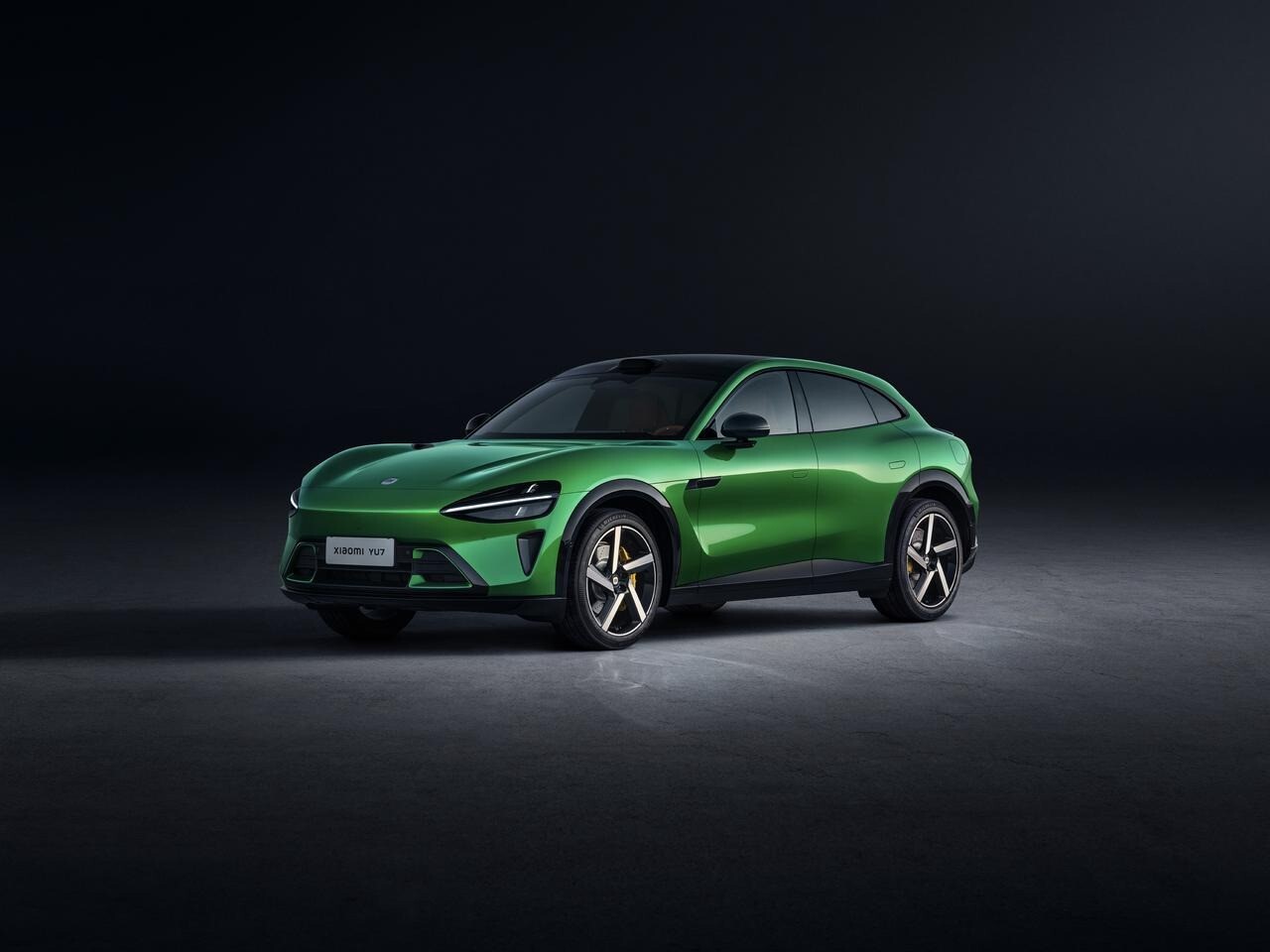

No matter what age we purchase a car, everyone waits for the delivery to be completed and can go for the first drive. But what happens when this gets delayed beyond expectation? A similar backlash is faced by Xiaomi, a Chinese-based multinational corporation, for the delayed delivery of its YU7 electric SUV, which is reportedly over a year behind schedule. Is the company failing to meet the customer satisfaction level of other EV brands?

Image source: mi.com
The majority of Xiaomi's consumer base has reported delayed delivery of their YU7 electric SUV for an extended period of one year, without prior notification of the delivery issue. As of now, the consumer complaint count has exceeded 400, which the firm plans to address by a livestream after ramping up its production scale.
The company expanded their brand into the EV models last year by debuting the SU7 Sedan, receiving nearly 240,000 orders for the next EV car within the first 18 hours after the launch announcement on Thursday night. Nonetheless, a certain number of EV cars have been manufactured and are ready for immediate shipment, which is much less than the orders received.
Soon after the bulk orders were placed, numerous consumers noticed that the delivery waiting time on the company's official site was listed as 38 to 60 weeks. This has further triggered concerns among consumers, which were filed on Sina's Black Cat consumer platform starting from Friday.
With the complaints, many consumers, who were unaware of the delivery discrepancies at the time, were unable to withdraw their orders due to the payment of a non-refundable deposit of RMB 5,000 (approximately USD 687). The cost concerns do not end here, as consumers are also apprehensive about the prospective price surge as China's tax exemption expires.
The company has released no official statement. However, Lei Jun, the CEO and founder of Xiaomi, has commented on the social media platform Weibo, addressing people's concerns. The comment states that the CEO will conduct a live stream on Wednesday; however, it fails to address any other concerns shared by consumers so far.
When the announcement of the YU7 EV was made, Xiaomi set the price of this EV vehicle at RMB 253,500 (USD 35,389), which further subverts Tesla's best-selling Model Y by almost 4 per cent. However, this puts the company in a challenging position against Tesla and its dominance in China's SUV segment.
Xiaomi has successfully established a position to challenge Tesla's dominance in China, with the success of its debut EVs surpassing that of Tesla's Model 3 sales since December. Due to the complaints received, the firm is now entirely focused on expanding its production facility in Beijing by adding more factories to two adjacent plots.
But with the introduction of the second EV model, will Xiaomi still achieve a dominant position in the Chinese EV sector?
Responses








